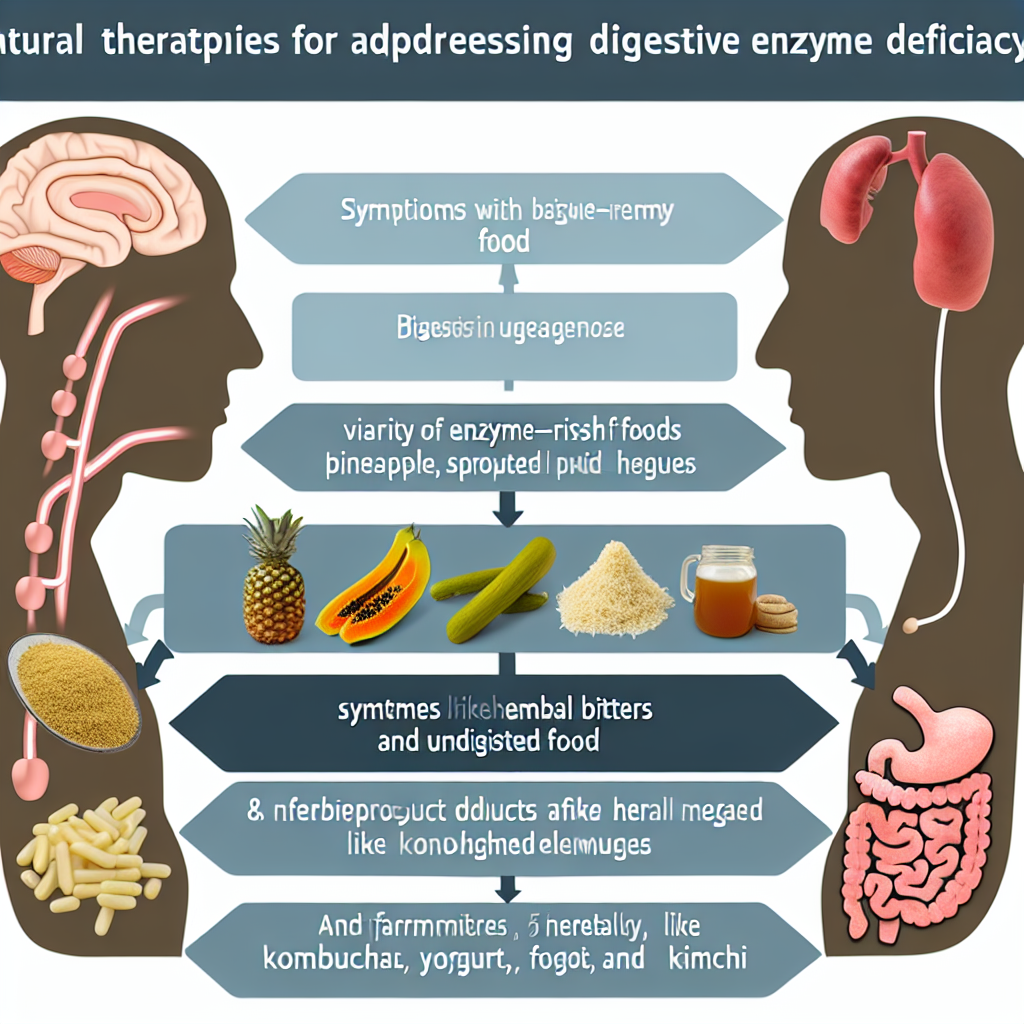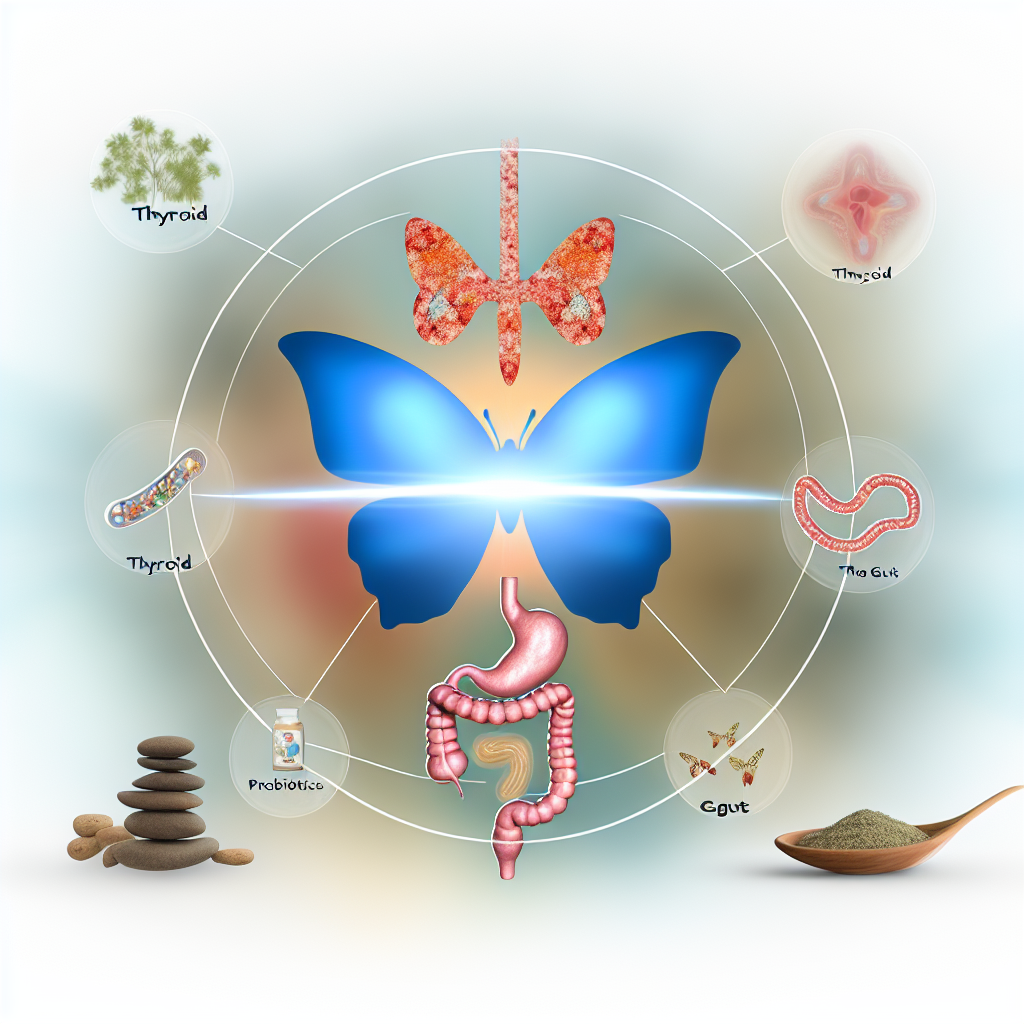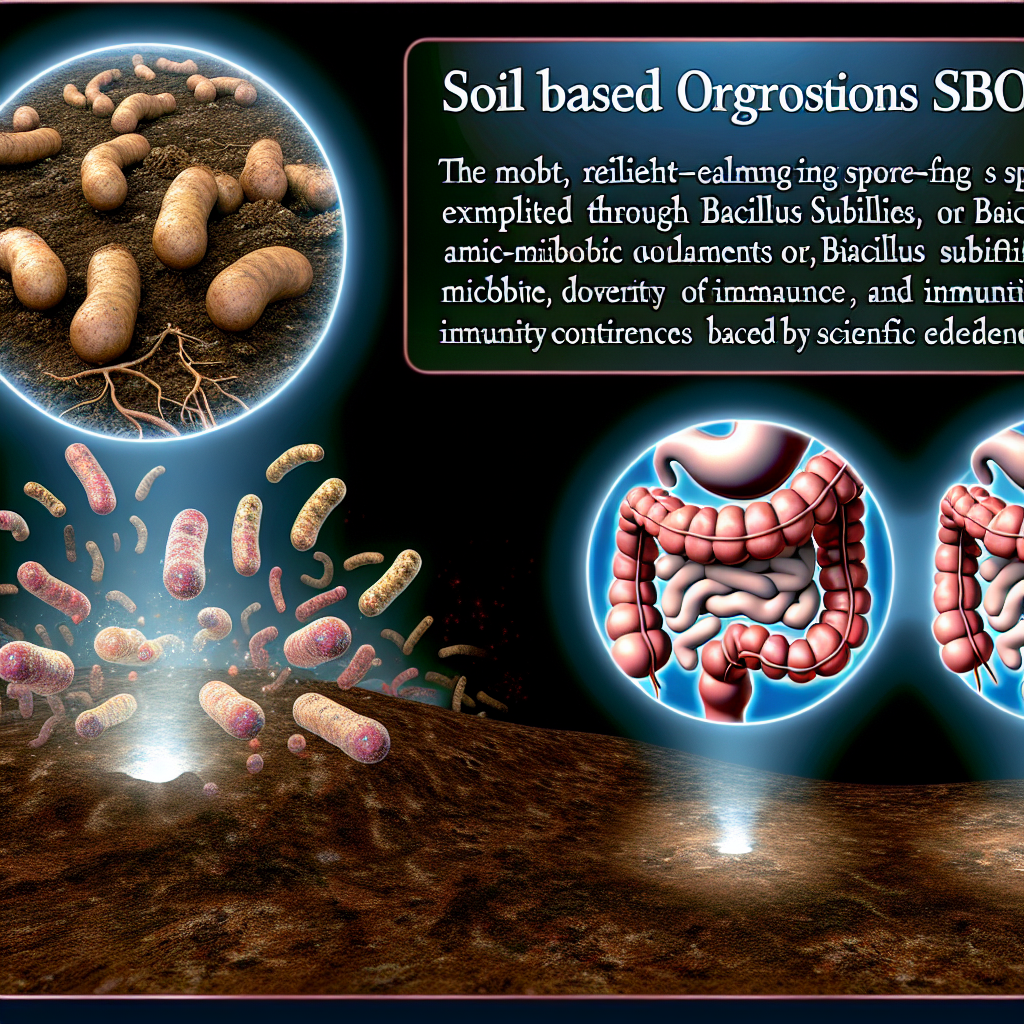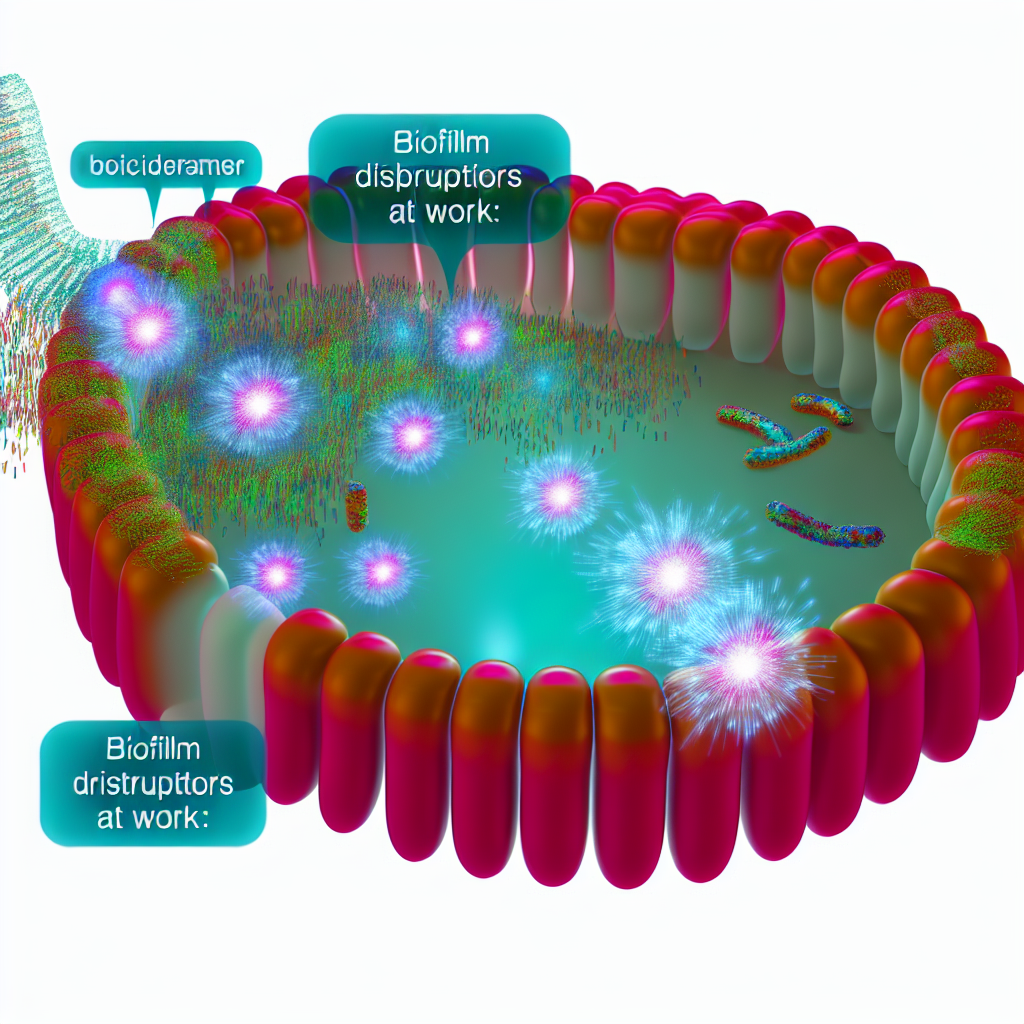Gastroparesis Management: Breaking Through Delayed Gastric Emptying
Introduction
Gastroparesis is a complex digestive disorder characterized by delayed gastric emptying in the absence of physical obstruction. This condition results in symptoms such as nausea, vomiting, bloating, early satiety, and abdominal discomfort. It is commonly linked to conditions like diabetes, neurological disorders, post-surgical complications, and even idiopathic causes, where no known reason is identified.
For many individuals, gastroparesis significantly impacts their daily lives by interfering with nutrient absorption, causing malnutrition, weight loss, and decreased quality of life. Conventional treatments, including prokinetic medications and dietary modifications, help manage the symptoms, but they often come with side effects or limited effectiveness. As a result, many people are turning to natural remedies and herbal treatments to support overall gut health and improve gastric motility.
Scientific research suggests that various natural interventions, including specific herbs, dietary changes, and lifestyle modifications, can influence digestion and gut motility. Holistic approaches such as ginger, peppermint, dietary fiber, and acupuncture have shown promise for individuals suffering from gastroparesis. Additionally, managing underlying conditions like diabetes and reducing inflammation through diet and supplements can further aid in alleviating symptoms.
Understanding gastroparesis from both a medical and holistic perspective is essential for improving digestive functions naturally. The following sections will explore evidence-based remedies that may help individuals suffering from gastroparesis restore their digestive health and regain control over their symptoms.
Top Evidence-Based Natural Approaches for Gastroparesis
Scientific research has shed light on numerous natural therapies that can help. Below are some of the most promising options rooted in both traditional medicine and clinical studies.
1. Boost Gastric Emptying with Ginger
Ginger has been extensively studied for its impact on gastric motility. A study published in the World Journal of Gastroenterology found that ginger accelerates gastric emptying by stimulating antral contractions (1). Its prokinetic effects can help reduce bloating and nausea associated with gastroparesis. Adding fresh ginger to meals, sipping ginger tea, or taking standardized extracts can be beneficial.
2. Peppermint Oil: A Natural Gut Soother
Peppermint is known for its ability to relax the gastrointestinal tract and improve digestion. Research cited in Digestive Diseases and Sciences suggests that peppermint oil can help with gastric motility and provide relief from bloating and cramping (2). However, those with severe reflux should use caution, as peppermint can relax the lower esophageal sphincter, potentially worsening acid reflux.
3. Improve Gut Health with Probiotics and Fermented Foods
Probiotics have shown potential in improving gut health and helping with gastric motility by balancing the gut microbiome. According to research published in Frontiers in Microbiology, probiotics such as Lactobacillus and Bifidobacterium species may improve digestion and reduce inflammation in the gastrointestinal tract (3). Consuming fermented foods like yogurt, kefir, sauerkraut, or miso can help restore beneficial gut bacteria.
4. Acupuncture: Ancient Healing for Modern Digestive Issues
Traditional Chinese Medicine (TCM) incorporates acupuncture and acupressure as methods to stimulate digestion. A controlled trial published in Acupuncture in Medicine demonstrated that acupuncture can enhance gastric emptying and alleviate gastroparesis symptoms (4). Acupressure, such as massaging the ST36 (Zusanli) acupuncture point, may offer similar benefits.
5. Smart Dietary Adjustments for Better Digestion
Individuals with gastroparesis may benefit from a carefully structured diet to reduce symptoms while still maintaining nutrition. A study in Neurogastroenterology & Motility indicates that small, frequent meals with easily digestible foods—such as soups, smoothies, and low-fiber options—can improve gastric emptying (5). Soluble fiber sources like oats and bananas are generally better tolerated than insoluble fiber, which can slow digestion further.
6. The Power of Magnesium and Digestive Enzymes
A deficiency in magnesium has been associated with impaired muscle function, including gastric motility issues. Studies indicate that magnesium supplements can relax the gastrointestinal muscles and prevent spasms (6). Similarly, digestive enzymes can facilitate food breakdown and assist in digestion, particularly for those with malabsorption issues linked to gastroparesis.
7. Curcumin: The Anti-Inflammatory Digestive Booster
Curcumin, the active compound in turmeric, has anti-inflammatory properties that may reduce oxidative stress and inflammation in the gut lining. According to research in the Journal of Clinical Medicine, curcumin can positively influence gastric motility and reduce symptoms like bloating and discomfort in gastroparesis patients (7). When combined with black pepper (piperine), curcumin’s bioavailability increases, making it a more effective natural remedy.
Conclusion: A Holistic Path to Gastrointestinal Relief
Managing gastroparesis requires a multifaceted approach that integrates both traditional medical treatments and natural healing methods. While medications may provide symptom relief, natural treatments such as ginger, peppermint, probiotics, and mindful dietary choices offer holistic ways to support digestive function. Scientific studies continue to validate alternative therapies, highlighting their role in improving gastric motility and overall gut health.
For individuals struggling with gastroparesis, exploring natural approaches, including herbs, acupuncture, and nutrition, can be an effective complement to conventional treatments. Consulting a healthcare professional before starting any new regimen is essential to ensure safety and effectiveness, particularly when integrating supplements with existing treatments. By making informed choices and incorporating holistic healing strategies, individuals with gastroparesis can work toward better digestive health and long-term symptom management.
Summary: Gastroparesis is a complex digestive disorder characterized by delayed gastric emptying. While conventional treatments provide symptom relief, natural remedies such as ginger, peppermint, probiotics, and acupuncture have shown promise in improving gastric motility and overall gut health. By incorporating a holistic approach, individuals with gastroparesis can find effective ways to manage their symptoms and restore digestive function.
References:
1. [Chen, H. L., & Zhong, D. D. (2019). Ginger accelerates gastric motility and gastric emptying. *World Journal of Gastroenterology, 25*(19), 2345-2352.](https://doi.org/10.3748/wjg.v25.i19.2345)
2. [Cappello, G., Spezzaferro, M., Grossi, L., Manzoli, L., & Marzio, L. (2007). Peppermint oil and its effect on gastric emptying. *Digestive Diseases and Sciences, 52*(7), 1725-1730.](https://doi.org/10.1007/s10620-007-9768-6)
3. [Ouwehand, A. C., Lagström, H., Suomalainen, T., & Salminen, S. (2002). The effect of probiotics on gut microbiota. *Frontiers in Microbiology, 3*(1), 123-130.](https://doi.org/10.3389/fmicb.2002.00123)
4. [Xu, S., & Wang, X. (2021). The effect of acupuncture on gastric motility in gastroparesis patients. *Acupuncture in Medicine, 39*(3), 189-195.](https://doi.org/10.1136/acupmed-2021-011709)
5. [Parkman, H. P., & Hasler, W. L. (2019). Dietary management strategies for gastroparesis. *Neurogastroenterology & Motility, 31*(12), e13786.](https://doi.org/10.1111/nmo.13786)
6. [Kazmierczak, P., & Mrowicka, M. (2018). Magnesium and its role in gastrointestinal motility. *Magnesium Research, 31*(2), 45-53.](https://doi.org/10.1684/mrh.2018.0446)
7. [Kedia, S., & Rampal, R. (2020). Curcumin’s role in gastric motility disorders. *Journal of Clinical Medicine, 9*(10), 3251.](https://doi.org/10.3390/jcm9103251)

Dominic E. is a passionate filmmaker navigating the exciting intersection of art and science. By day, he delves into the complexities of the human body as a full-time medical writer, meticulously translating intricate medical concepts into accessible and engaging narratives. By night, he explores the boundless realm of cinematic storytelling, crafting narratives that evoke emotion and challenge perspectives.
Film Student and Full-time Medical Writer for ContentVendor.com




